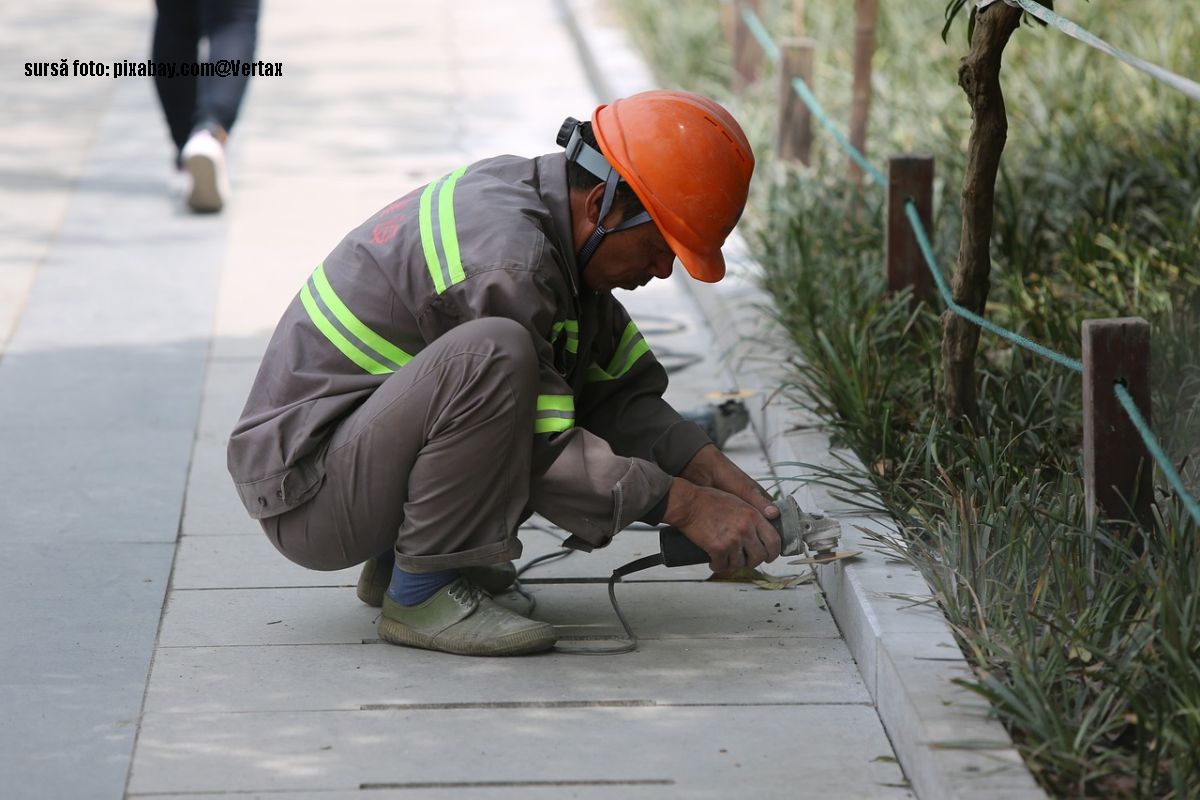Working abroad and its effects on children
Nearly one-quarter of Romanian children up to 17 years of age have had a parent working abroad

Christine Leșcu, 16.08.2023, 14:00
For over 20 years now, since labour migration started to spread among Romanians, one of its most dramatic consequences has become apparent with the children left behind in their home country, in the care of the grandparents or other relatives. While many of the parents take their kids with them when leaving the country for various jobs in the EU, there are also lots of cases of families torn apart when one of their members takes a job abroad.
Save the Children Organisation has long warned about this situation, and a recent survey provides updated information on the scope of this phenomenon. Based on data collected in July-September 2022, the survey indicates that nearly one-quarter of the children up to 17 have had a parent working abroad. Of these, in 61.5% of the cases only the father had been or was still away for work, and in 20.4% only the mother, but 18.1% of these kids were left at home in Romania while both their parents were working abroad.At present, over 500,000 children are in this situation, most of them at very young ages. On average, mothers leave after the children turn 6, while fathers usually leave for work when the kids are much younger. As for deciding to leave, the survey indicates that children are consulted even though they are still very young. Anca Stamin, of Save the Children Organisation, has more details:
Anca Stamin: “83% of the adults we interviewed said the kid had been involved in the decision. The children themselves, however, say they were involved in a much smaller proportion, 63%, and we tend to believe the children. Moreover, almost one-third of the kids who have been asked, that is 31%, say that when asked, they did not agree with their parents leaving. I would also like to emphasise that, unfortunately, the survey revealed what I was saying earlier, namely that most kids in this situation are not covered in the records of social assistance services. Basically, only 39% of the childrens families say the social assistance service is aware of the kids status. Meanwhile, schools have been informed in 57% of the cases. So what we do know is that neither schools, nor social services have complete information in this respect, and that parents or families are rather reluctant to declare that the parents are away for work.”
The fact that parents fail to notify the authorities with respect to the children left at home makes is difficult for the authorities or NGOs to step in in case of problems. And the survey run by Save the Children highlights the additional risks facing the children left behind by their parents who work abroad.
Anca Stamin: “Data reveal a major difference between children from families with migrants and children in families without migrant workers, in terms of risk behaviours. Among the former, there is a 38% chance of exposure to explicit sex and porn online, and a twice as high risk of becoming aggressive with other children and of drinking alcohol. Similarly, they are vulnerable to smoking and substance abuse. All these take place in the context of no parental control, easy access to devices, lack of communication with the parents or caretakers, and, on the other hand, in the absence of good health education. These negative behaviours are also a form of expressing the negative emotions that children feel after their parents have left the country. We have been working with children in this situation, and many of them feel abandoned or even guilty for their parents leaving. Even when parents mean well, it is a mistake to tell children they are leaving for the kids sake, because they place an additional burden on the child.”
Communication is key in preserving family ties, and todays digital revolution makes it a lot easier. Most parents, for instance, keep in touch with their kids via video online platforms, and only 19% of them only speak over the phone. Also, 45% of them talk to their kids every day, and 15% of the parents speak several times a day with their kids. But unfortunately, there are also cases where communication is less frequent: 33% of the parents only talk to their children every 2-3 days, and 7% of them once a week. Even worse, 20% of the teenagers who have a parent away for work only speak with them once a week or less. Andreea Penescu is 12, and her father left for work to Switzerland when she was 2. This is how the sixth-grader communicates with her father:
Andreea Penescu:”Over the phone, via text messages. When he has a holiday or there is an occasion, he comes home, although we rarely see each other. Most often we talk on the phone or via messages. Its not a very close relationship, but I wouldnt say its a cold one either. I mean, we stay in touch. Its okay, but I am a lot closer to my mum.”
Andreea also says she never visited her father in Switzerland, and this summer is the first time she has an opportunity to spend 2 weeks with him there. As for why her father left, the girl says it was in order to improve the family financial situation. But although things are better now in this respect and she would have rather her family stayed together, Andreea is not considering moving to Switzerland:
Andreea Penescu:”Its not that we couldnt. But I dont want to, and I think mum doesnt want to, either, because we have our lives built here in Romania, step by step and day by day. I have my friends and my school here, my mother has friends and co-workers, and I know it would be quite hard to start all over again, with a new language, a new life, a new lifestyle.”
Although Andreea seems at peace with the current situation and although she does well in school, the Save the Children survey shows that a parents migration leads to a 62% chance that the kids performance in the first few years of school will be rather poor. (AMP)






























